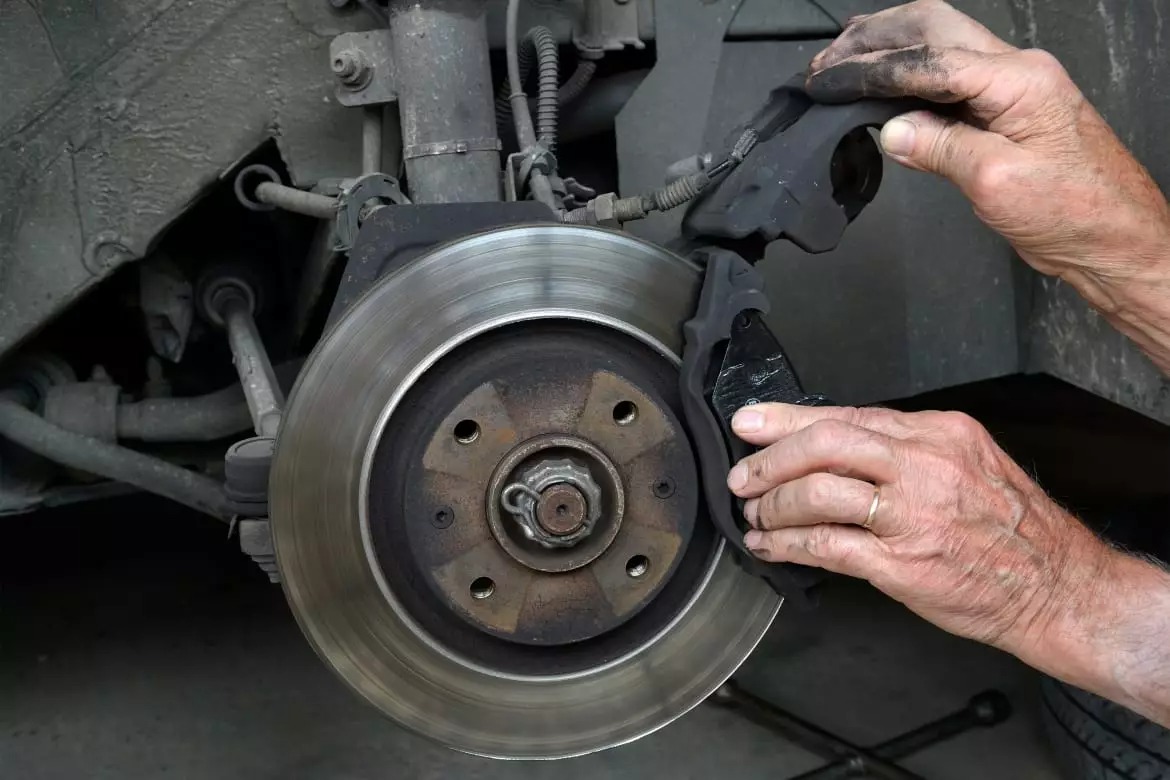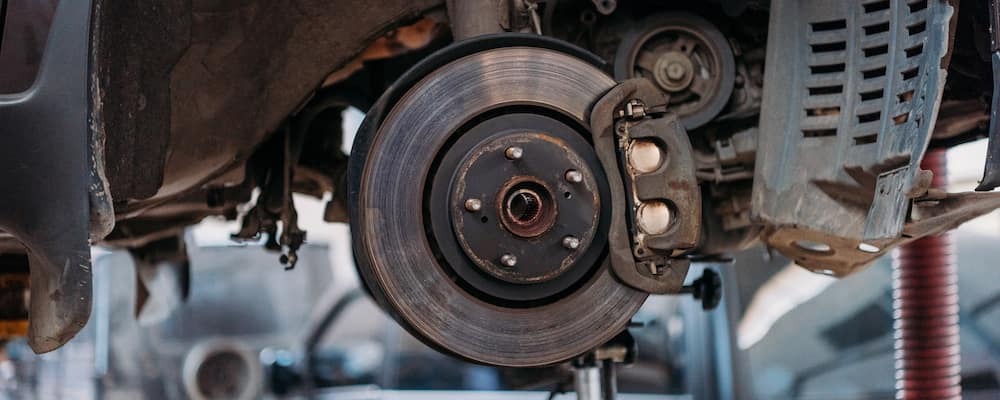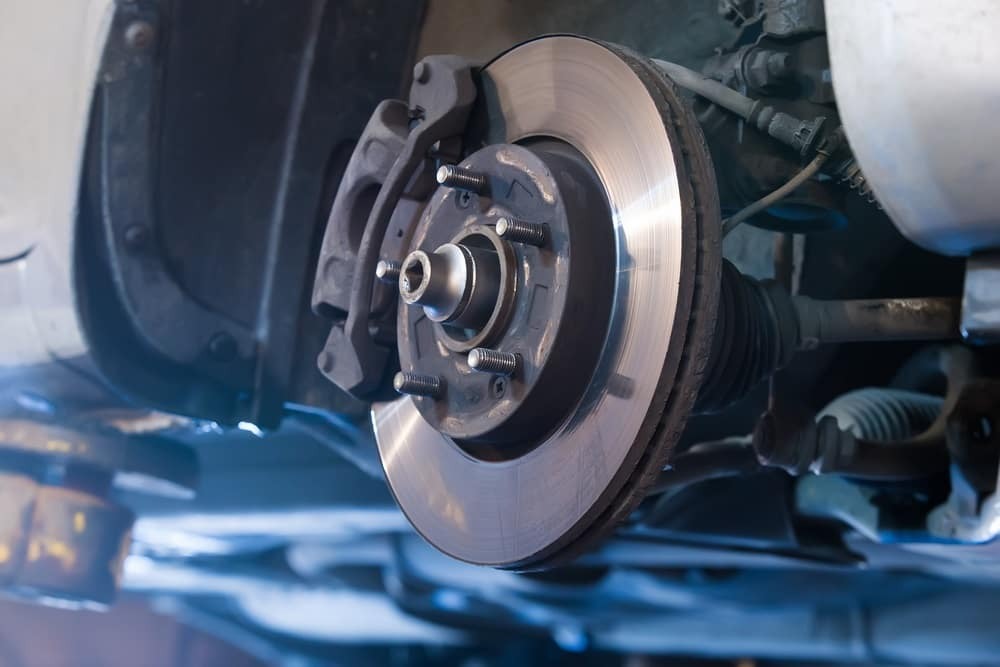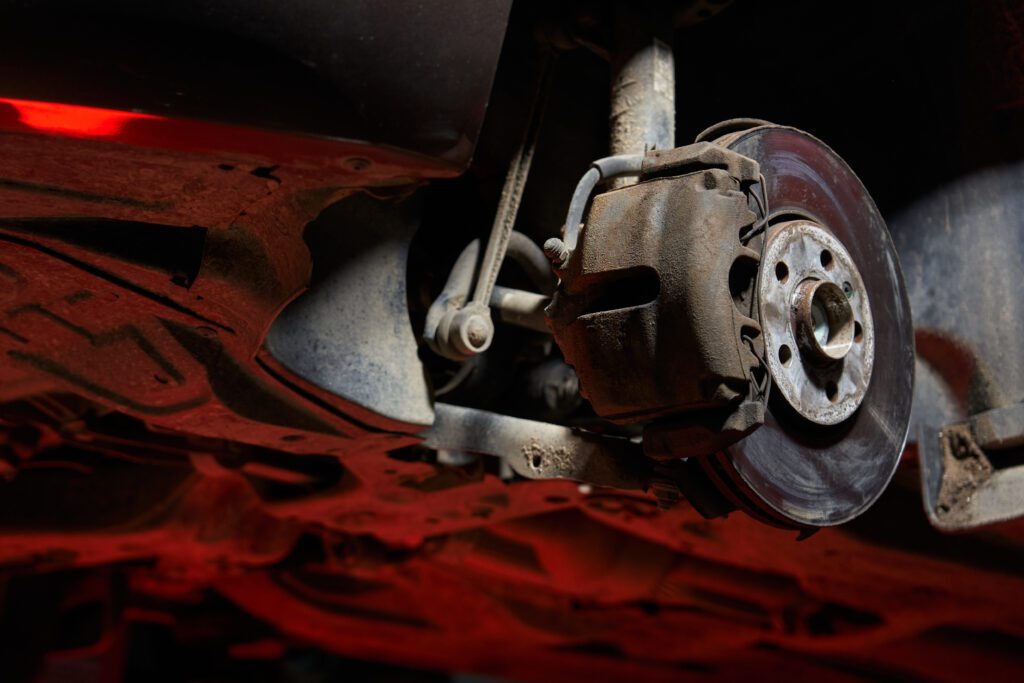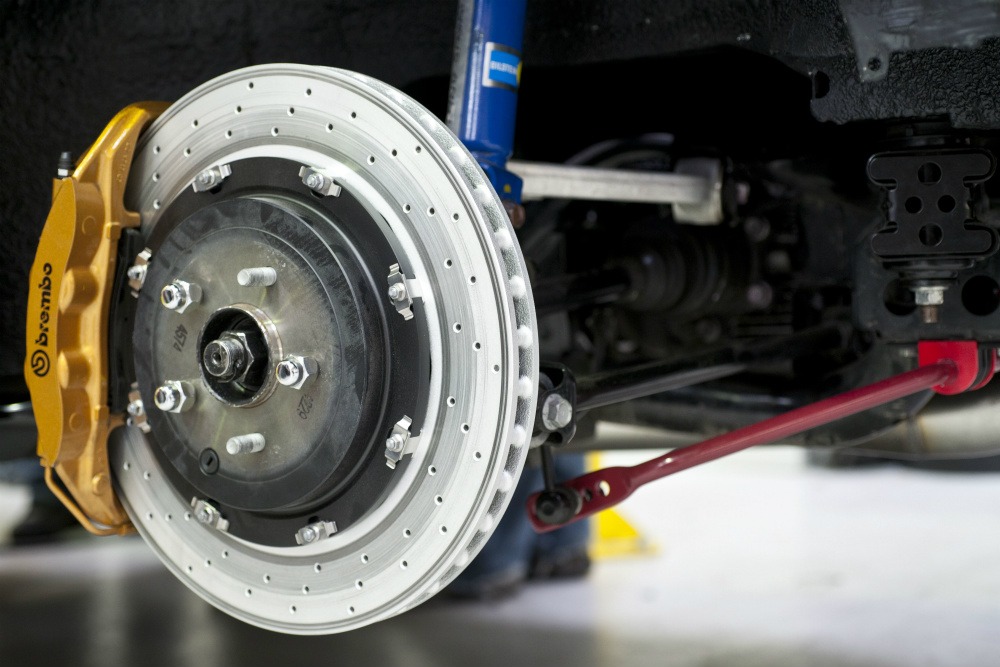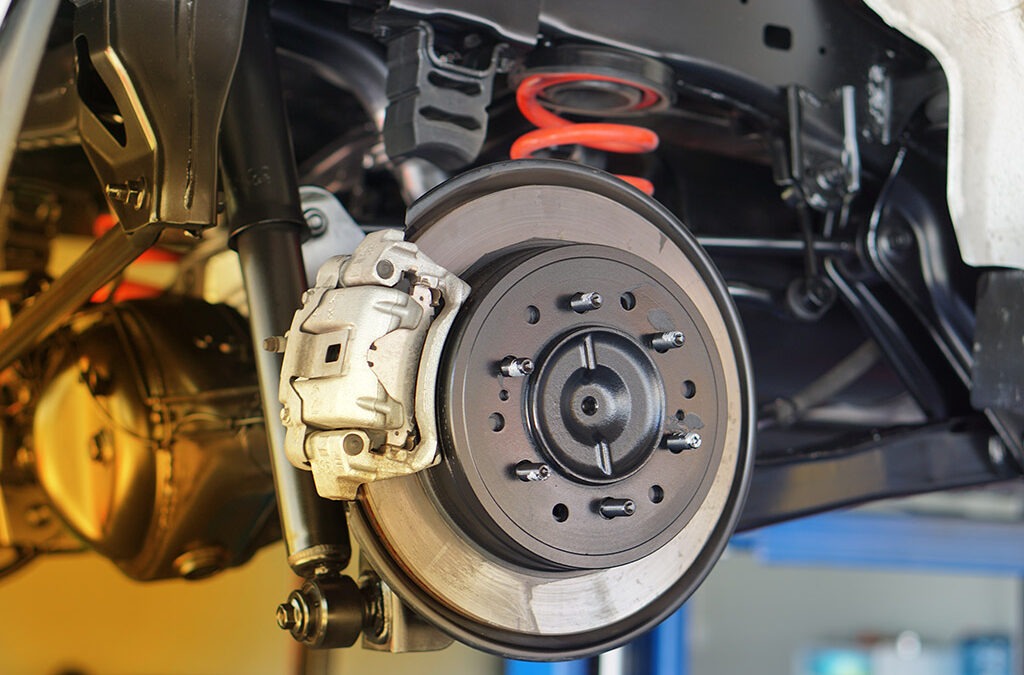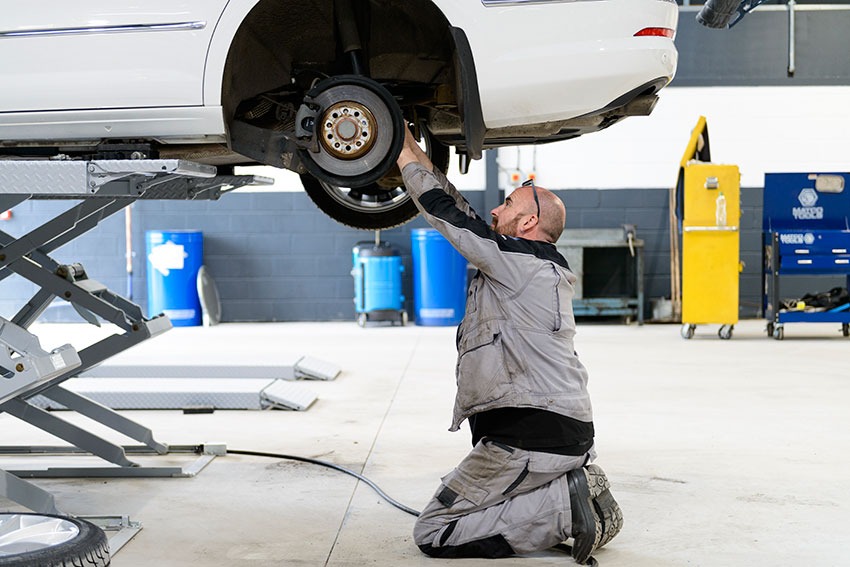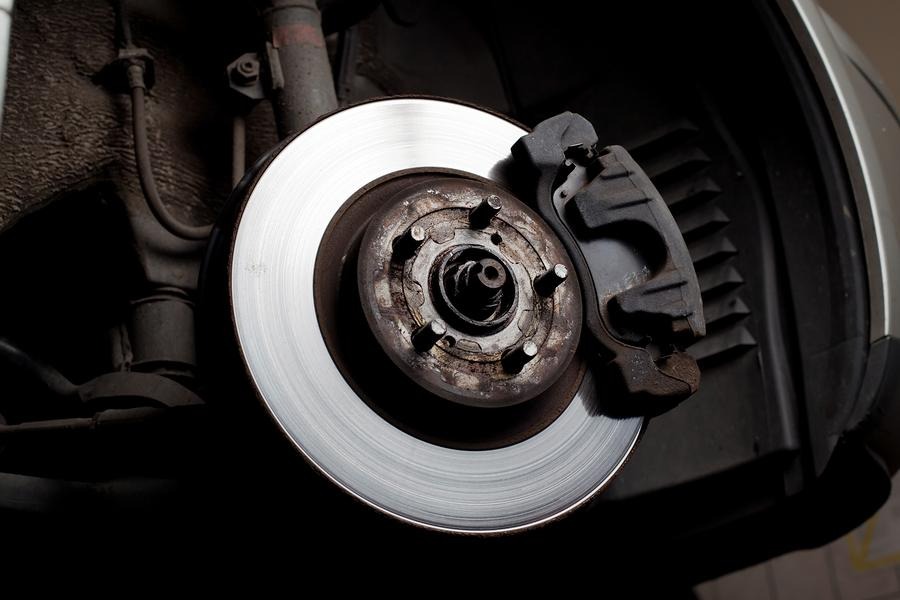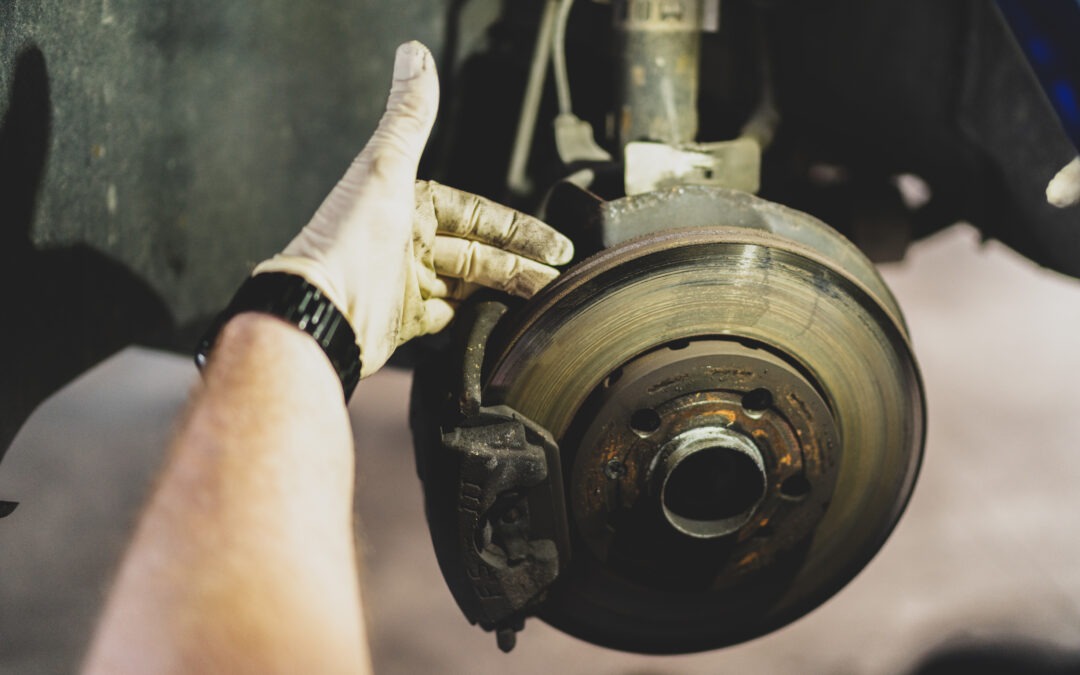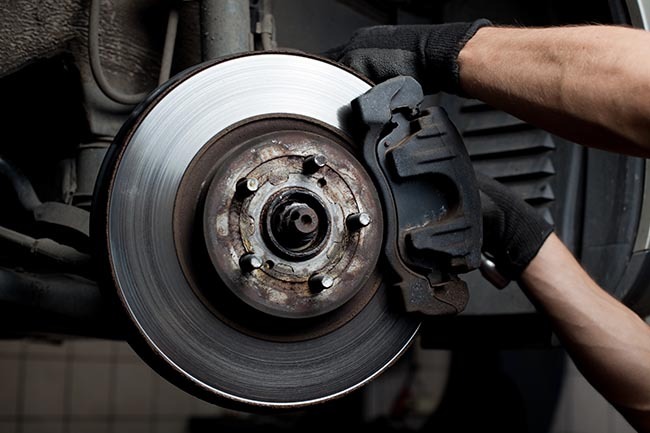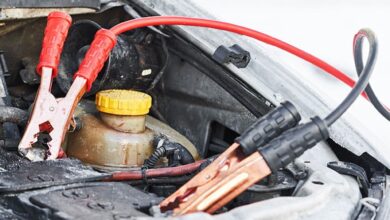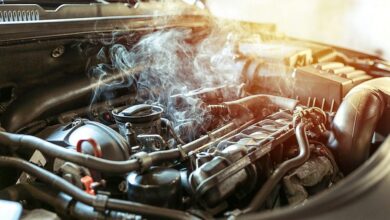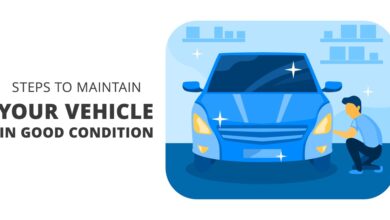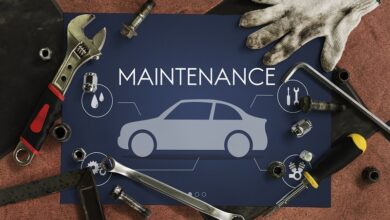Signs that Need to be Checked for the Vehicle Brake System
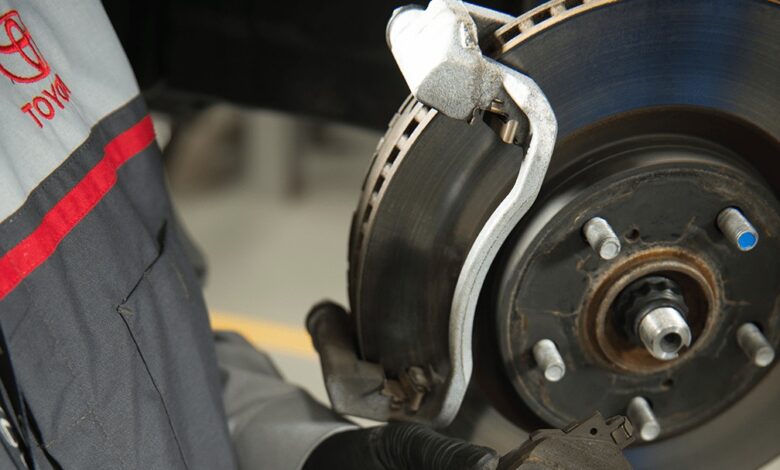
Maintaining the safety and reliability of a vehicle requires vigilant attention to its crucial components, with the brake system standing out as a paramount aspect. Regular inspections and checks for the vehicle brake system are indispensable to ensure optimal performance and, most importantly, to preemptively identify any potential issues. In this exploration, we delve into the key signs and indicators that necessitate a comprehensive examination of the vehicle’s brake system. By emphasizing the importance of consistently checking for the vehicle brake system, we aim to underscore the significance of proactive maintenance in enhancing road safety and overall driving experience.
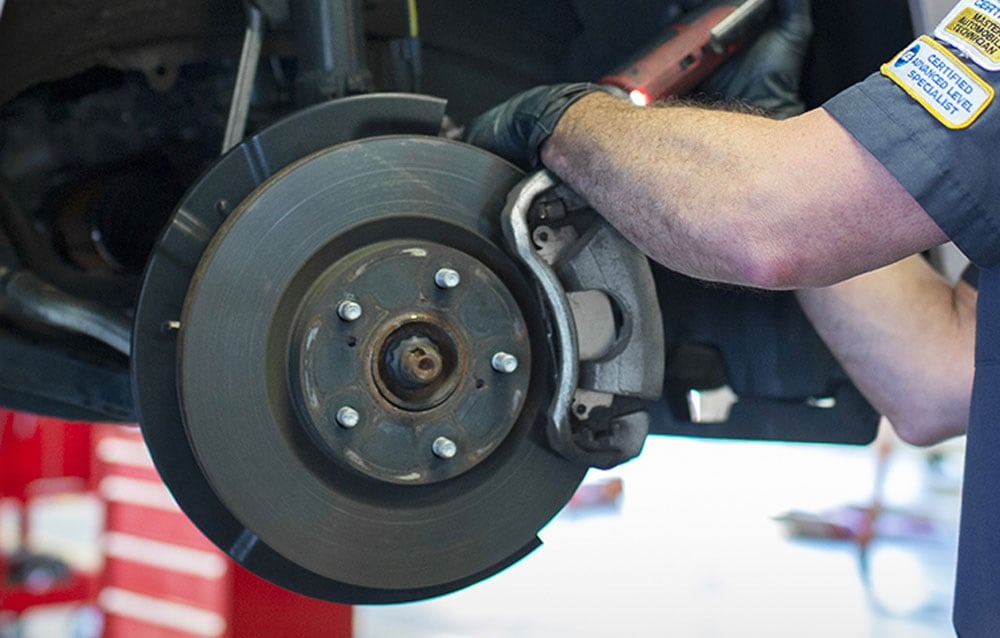
Contents
Brake Warning Light
One of the most common signs that indicate a problem with the brake system is the activation of the brake warning light on the dashboard. This light usually illuminates when there is an issue with the brake fluid level, brake pads, or other related components. If you notice the brake warning light staying on, it is essential to have your vehicle inspected by a qualified mechanic. Ignoring this warning sign can lead to further damage to the brake system and compromise your safety on the road.
Spongy Brake Pedal
A spongy or soft brake pedal is another sign that needs immediate attention. When you press the brake pedal, it should feel firm and responsive. If you notice that the pedal has excessive travel or it goes all the way to the floor before engaging the brakes, there could be air in the brake lines or a problem with the hydraulic system. Air in the brake lines can significantly reduce braking efficiency and increase stopping distances, making it crucial to address this issue promptly.
Grinding or Squeaking Noises
Unusual noises coming from your vehicle’s brakes can indicate various problems that need to be checked. Grinding or squeaking noises while applying the brakes are often an indication that the brake pads have worn down to their metal backing plates. Driving with worn-out brake pads can cause damage to other components, such as rotors or calipers, resulting in expensive repairs. Therefore, it is vital to have your brake pads inspected and replaced if necessary.
See more: Simple but Effective Car Maintenance Tips
Vibrations or Pulsations
If you feel vibrations or pulsations through the brake pedal or steering wheel while braking, it could indicate warped brake rotors. Warped rotors can occur due to excessive heat buildup, aggressive driving, or prolonged heavy braking. These vibrations can affect braking performance and compromise your ability to safely stop your vehicle. In such cases, it is recommended to have your brake rotors resurfaced or replaced, depending on their condition.
Pulling to One Side
When you apply the brakes, your vehicle should come to a straight stop without pulling to one side. If you notice that your vehicle pulls to one side while braking, it could indicate an issue with the brake calipers or uneven brake pad wear. This can negatively affect your vehicle’s handling and safety. Having your brake calipers inspected and adjusted, along with proper alignment of the brakes, can help resolve this problem.
Reduced Braking Performance
If you find that your vehicle takes longer to come to a stop or requires more effort on the brake pedal than usual, it is a clear indication of reduced braking performance. This could be due to worn-out brake pads, glazed brake rotors, or a loss of hydraulic pressure in the brake system. It is crucial not to ignore this sign as it compromises your safety on the road. Having a professional inspection and necessary repairs done promptly will help restore optimal braking performance.
Fluid Leaks
Inspecting for fluid leaks around your vehicle’s wheels or under the engine bay is essential for identifying potential brake system issues. Brake fluid leaks can occur due to damaged brake lines, calipers, or wheel cylinders. If you notice any fluid pooling or dripping, it is crucial to have it checked immediately. Brake fluid leaks can lead to a loss of hydraulic pressure, resulting in reduced braking efficiency and potential brake failure.
Burning Smell
A burning smell coming from your vehicle’s brakes can indicate overheating of the brake components. This can occur due to aggressive driving, prolonged heavy braking, or dragging brakes caused by stuck calipers or other mechanical issues. Overheating can lead to brake fade, where the brakes become less effective due to high temperatures. If you notice a burning smell, it is important to have your brakes inspected and any underlying issues addressed promptly.
Dashboard Vibration
In some cases, when there is an issue with the ABS (Anti-lock Braking System), you may experience a vibration or pulsation on the dashboard when applying the brakes. The ABS is responsible for preventing wheel lock-up during sudden or hard braking, enhancing control and stability. If you notice unusual vibrations on the dashboard accompanied by longer stopping distances, it is crucial to have your ABS system checked by a qualified technician.
Brake Alert: Recognizing Signs that Demand a Check for Your Vehicle’s Brake System
Regularly checking for signs of potential problems with your vehicle’s brake system is essential for maintaining optimal safety on the road. Being aware of these signs and taking prompt action can prevent accidents and costly repairs down the line. If you notice any of these signs discussed in this blog post, it is recommended to consult a professional mechanic who can thoroughly inspect your brake system and perform any necessary repairs or replacements. Remember, safe driving starts with properly functioning brakes!
See more at: Topcarr

